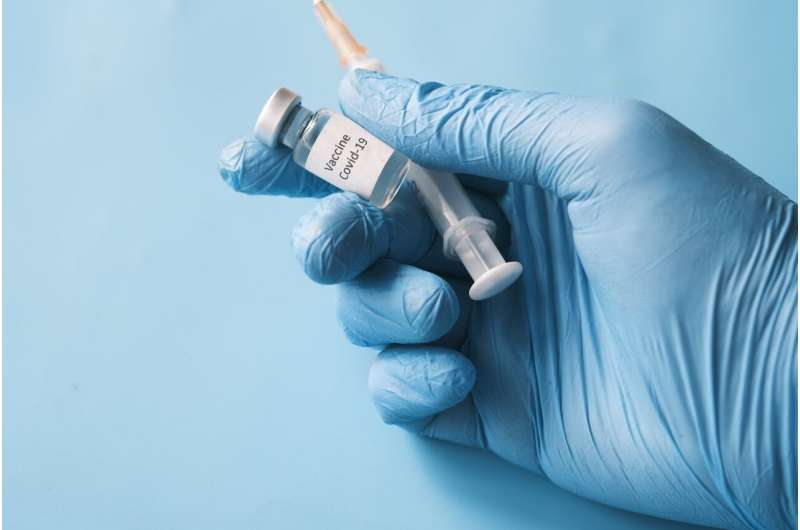Understanding Access to COVID-19 Vaccines in 2025: What You Need to Know After Recent Policy Changes

Learn the latest updates on COVID-19 vaccine availability in 2025, including new federal guidelines, eligibility, and how to access vaccines as policies change amidst ongoing health debates.
A dynamically evolving week in COVID-19 vaccination policies has raised questions about who can get the latest vaccines and how accessible they are. While federal guidance has shifted, making vaccine access more complex for many, some key facts remain clear.
Currently, updated COVID-19 vaccines for the 2025-26 season are beginning to become available in select locations. Retail pharmacies like Walgreens and CVS have announced readiness to offer the vaccines once they are in stock; however, cooperation from these pharmacies can vary depending on your state.
The major change this year stems from federal approval criteria. Unlike previous years where everyone aged 6 months and older was encouraged to get vaccinated, this season’s authorization is limited mainly to individuals aged 65 and above, along with certain high-risk younger populations. These high-risk groups include those with conditions such as diabetes, heart disease, obesity, mental health issues, or substance use disorders.
For healthy, younger adults, obtaining the vaccine may require additional steps. In many states, pharmacists designated as healthcare providers can administer the vaccine, but permission levels differ. States like California, Illinois, and Texas allow broad access through pharmacies, while others like Massachusetts and Nevada currently restrict this access without a prescription or medical consultation.
Scheduling an appointment often involves attesting to having a qualifying condition or risk factor. While some people may find it straightforward, others might need to seek vaccination at a healthcare provider’s office if pharmacies require proof of eligibility. This process introduces potential barriers for those without regular healthcare access.
Federal officials, led by Secretary Robert F. Kennedy Jr., argue that these restrictions are intended to prioritize vulnerable populations and encourage further research into vaccine safety. Nonetheless, many health experts criticize the new approach, asserting it complicates access and undermines established trust in vaccine safety and efficacy.
Large health systems like Kaiser Permanente remain cautious, awaiting official CDC guidelines before proceeding with widespread vaccination efforts. Meanwhile, local health authorities such as California’s Department of Public Health emphasize the importance of clear, science-based guidance and maintaining vaccination efforts to protect public health.
In summary, while vaccine availability is expanding, access this season is more segmented, especially for younger, healthy individuals. It’s important to stay informed about your state’s regulations and consult with healthcare providers to determine your options. Experts continue to advocate for broad and equitable vaccine access to help manage and prevent severe COVID-19 outcomes.
For further details and updates, refer to trusted health sources and your local health departments.
Stay Updated with Mia's Feed
Get the latest health & wellness insights delivered straight to your inbox.
Related Articles
Growing Public Health Threat: Communicable Disease Surge in Canada Amid US Policy Cuts
Canada faces an increasing threat from communicable diseases amid US health system reductions, highlighting the need for strengthened surveillance and preparedness.
AI-Guided Protocols in Hospitals May Reduce Spread of C. difficile
A pioneering study demonstrates that AI-guided protocols in hospitals can significantly reduce antibiotic use and potentially curb the spread of C. difficile infections, enhancing patient safety and infection control measures.
Innovative Single-Dose, Temperature-Resilient Rabies Vaccines Could Improve Global Access
A new thermostable, single-dose rabies vaccine developed by CU Boulder researchers could improve access to immunization in remote and hot regions worldwide, potentially saving thousands of lives annually.
Patient Involvement from the Start Enhances Digital Health Outcomes
Early patient involvement in digital health development leads to better health outcomes, improved patient experiences, and more sustainable healthcare solutions. A new white paper by WisDM emphasizes the importance of co-creating health tools with patients from the start.



